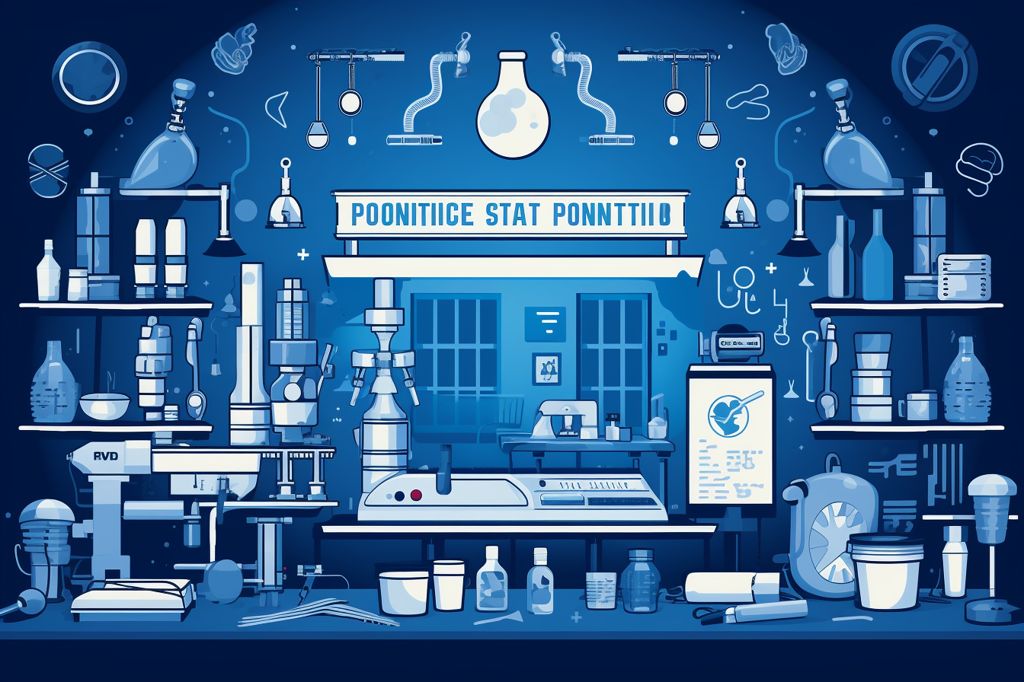The Eastern Cape Rural Development and Agrarian Reform, led by MEC Nonkqubela Pieters, has recently extended support to emerging farmers with a focus on facilitating their transition to commercial farming. This initiative is in line with the government’s effort to enhance the agricultural sector’s growth and sustainability.
Handing over Cattle to Emerging Farmers
MEC Pieters distributed beef master cattle to emerging livestock farmers across various regions, with the hope of motivating them to view agriculture as a business that requires continuous progress and growth. A total of 116 heifers, 16 bulls, and 11 calves were distributed, with a significant portion of the beneficiaries being young people and women.
Diversifying Beneficiaries and Promoting Inclusivity
The inclusion of women and young people in the list of beneficiaries highlights the government’s commitment to promoting inclusivity in the agricultural sector. Nosipho Vuthela, a young female farmer and agriculture graduate, expressed her gratitude for the support provided by the Department, emphasizing how the cattle would aid her business’s growth and enable her to meet market demands. Other farmers shared similar aspirations to expand their herds and sell their produce in the market.
Addressing Challenges and Improving Farming Conditions
While the progress of emerging farmers is encouraging, they still face various challenges, such as stock theft, access to water, and the need for fencing. In response, the Eastern Cape Department of Rural Development and Agrarian Reform spent R4.5 million procuring Beef Master cattle to support 16 livestock farming enterprises in different districts. The Department also made efforts to improve overall farming conditions for the beneficiaries.
Transformative Potential of Supporting Emerging Farmers
The initiative’s beneficiaries’ stories reflect the transformative potential of elevating emerging farmers to commercial ones. The journey of Nosipho Vuthela, for instance, highlights the significance of education in empowering young individuals to enter the farming sector. Similarly, Nomasakhane Maqwelane’s story emphasizes that agriculture is a collaborative effort for both men and women.
The Importance of Sustainable and Inclusive Agricultural Sector
By encouraging emerging farmers to transition to commercial farming, the government’s initiative aims to foster social change, empower marginalized groups, and promote economic growth. This investment in the agricultural sector emphasizes the need for a sustainable and inclusive agricultural sector that contributes to the economy while opening doors for social transformation.
The efforts of MEC Nonkqubela Pieters and the Eastern Cape Department of Rural Development and Agrarian Reform highlight the importance of nurturing emerging farmers and supporting their dreams of becoming successful commercial farmers. This initiative is crucial in promoting inclusivity, enhancing the agricultural sector’s growth, and creating opportunities for social and economic transformation.








